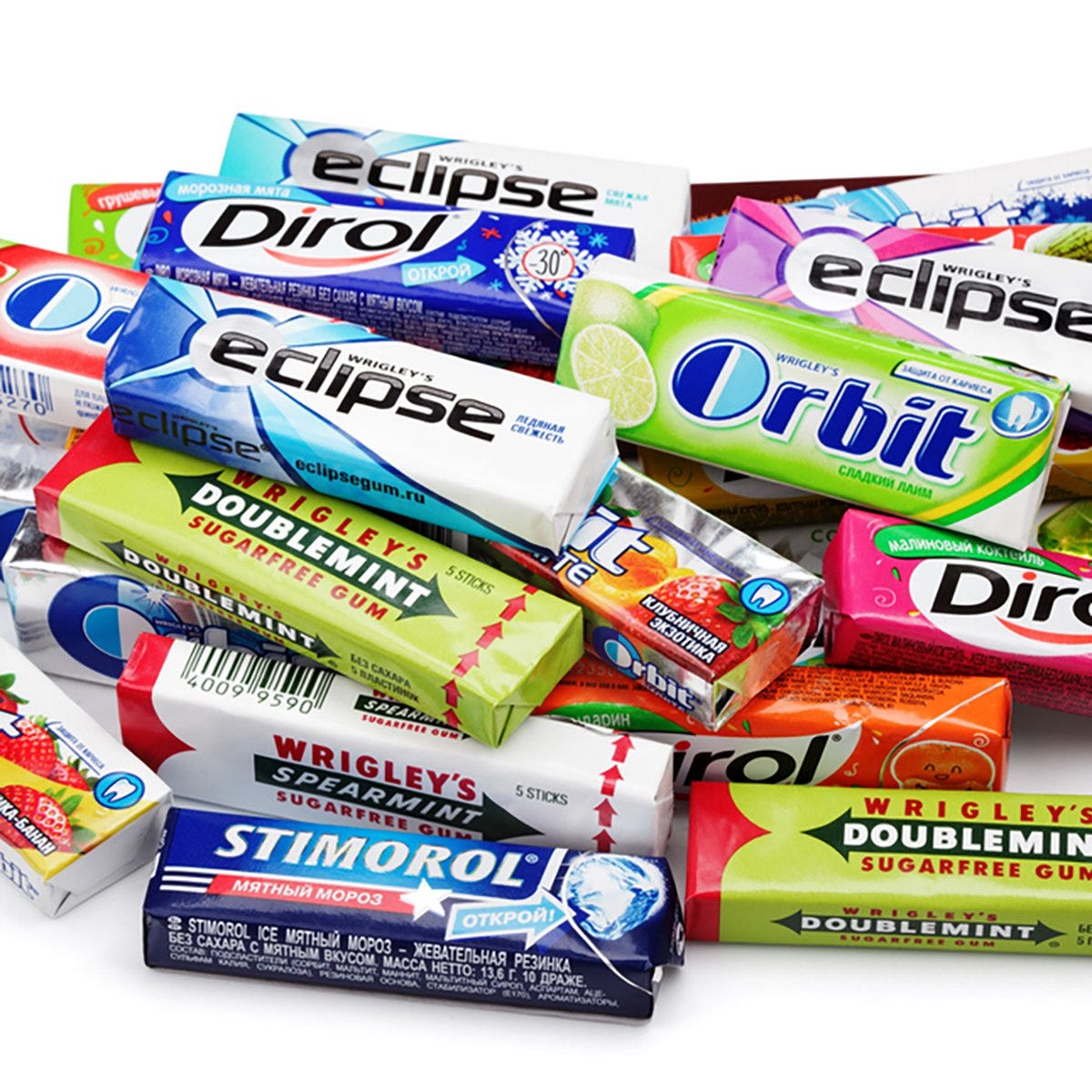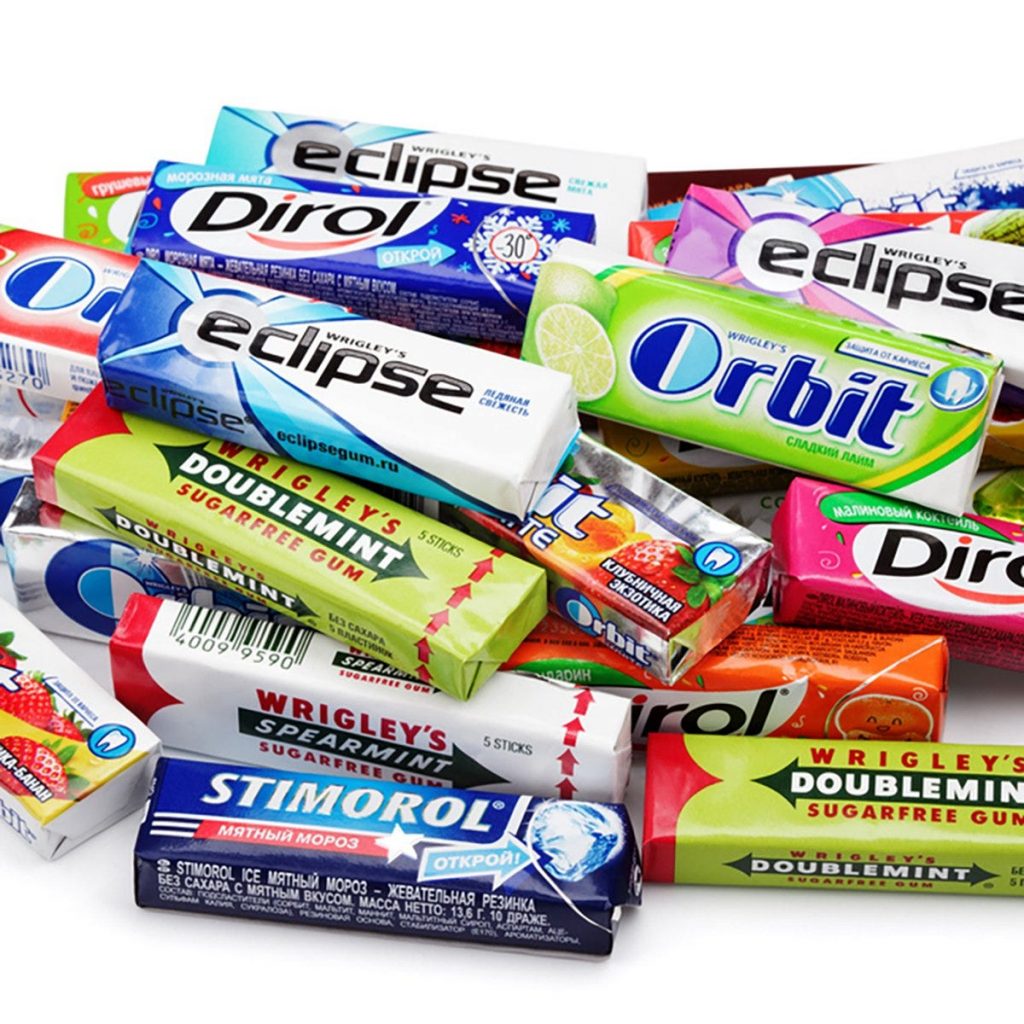
- Samantha Jenkins died 10 years ago at age 19 from chewing excessive gum, her mom believes.
- The coroner didn't rule out gum as a potential contributor to her death.
- The sugar alcohols in gum can lead to electrolyte depletion, but other risks are more common.
- Visit Insider's homepage for more stories.
When Samantha Jenkins died in 2011 days after collapsing and convulsing after a hot day out in town, the UK teen's family and doctors looked everywhere for answers.
Clinicians thought she'd been poisoned. Her mom, Maria Morgan, wracked her brain trying to think if Jenkins, who was 19 at the time, had been near antifreeze. Morgan worried maybe her daughter's nail polish remover had gotten into her system. Toxicology reports didn't find anything amiss.
The mystery compounded Morgan's grief.
"I remember thinking how, how on earth can you go into hospital on a Friday with a 19-year-old daughter and walk out of there just two days later with just her glasses?" Morgan told Wales Online on Sunday. "It was the most, I can't even explain, most surreal – I can't even explain. It was just horrendous."
A few months after Jenkins' death, a potential answer emerged. While searching through Jenkins' drawers, Morgan and her other daughter found countless gum wrappers and receipts for gum. Morgan doesn't know exactly how much Jenkins was chewing, just that she was "chewing them every day and was buying at least a packet a day on the way to work, sometimes two packets."
A Google search revealed chewing too much gum could be dangerous.
"It was mind-blowing, completely mind-blowing," Morgan said. "To be honest, I was thinking, 'Why don't people know about this?' As a parent you give your kids chewing gum and you don't think anything of it. The artificial stuff that is in chewing gum is so dangerous - aspartame and sorbitol."
Four years later, a coroner flagged chewing gum as a potential contributor to Jenkins' death, which was ruled "a cerebral hypoxia caused by convulsions and electrolyte depletion." The pathologist even said he found "four or five bright green lumps" of gum in Jenkin's body.
A decade after the death, Morgan told Wales Online she suffers from anxiety, and is irritable, argumentative, and may have obsessive-compulsive disorder. She knows most people can chew lots of gum throughout their lives with no problem but wants there to be more awareness around its potential dangers when consumed in excess.
"She will be remembered for just being chatty, fun-loving," Morgan said. "She had such an infectious laugh, I miss that the most I think. I know it's sad for us because we miss her but it's her I feel sorry for, that's the worst bit for me."
Seriously health consequences of gum are rare, but the sugar alcohols can be damaging
Gum can make you to swallow air pockets, which can cause abdominal pain and bloat, which can be particularly painful for people with irritable bowel syndrome. It can also contain titanium dioxide, which can mess with your digestion, Insider previously reported.
Excessively chewing gum is also a common behavior among people with eating disorders like anorexia nervosa, the most deadly psychiatric disorder.
Too much gum can also lead to jaw disorders and pain, and sugar-containing gum can cause cavities. But the dental risks are low enough such that the American Dental Association gives gum a "seal of acceptance," even saying that chewing it after a meal can help "neutralize and wash away" acids.
It's the sugar alcohols in sugar-free gum that contributed to to Jenkins' death, her mom theorized - and registered dietitian Bonnie Taub-Dix told Insider she makes a fair point.
"Lots of sugar-free gum is made with sugar alcohols, which could cause diarrhea," Taub-Dix said. "If an excessive amount of gum is chewed, you could have an excessive amount of diarrhea which could lead to electrolyte depletion.
"This could be a problem for many kids when they want to eat candy and gum and the moms prefer sugar-free versions," Taub-Dix added.
Sugar alcohols are actually carbohydrates that, chemically, look a bit like sugar and a bit like alcohol. They're found naturally in plants but can also be made synthetically. In addition to gum, sugar-free candy, protein bars, toothpaste, and processed foods contain sugar alcohols, which can be spotted by their "-ol" ending, like sorbitol and lactitol.
Because they're not completely absorbed or digested by the body, they can lead to digestive issues like gas and diarrhea. Electrolyte depletion to a deadly extent, however, is exceptionally rare, with no known cases in the UK, Morgan told Wales Online. There are more reported cases of people who have died after choking on gum.

